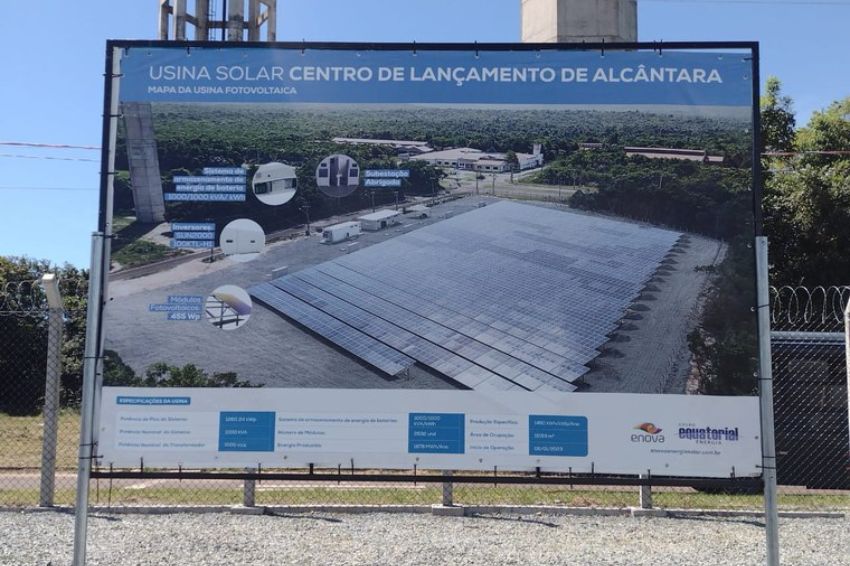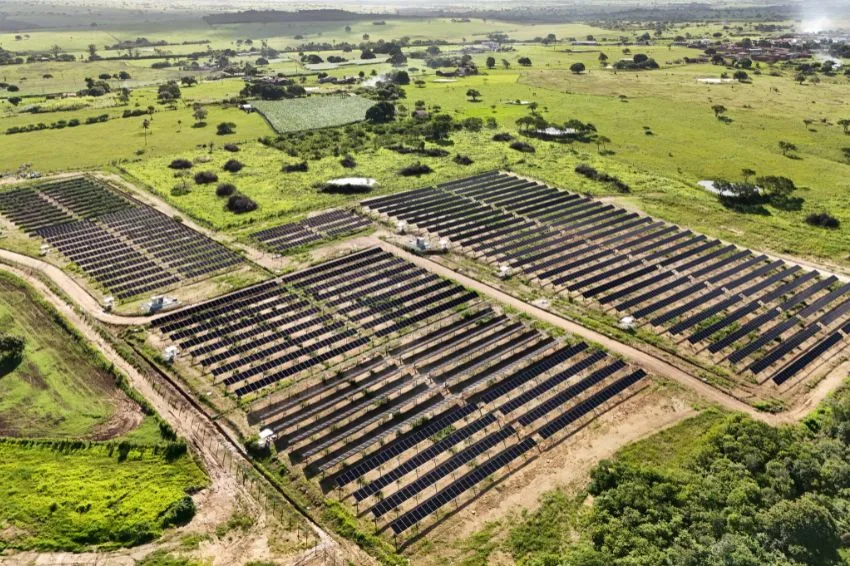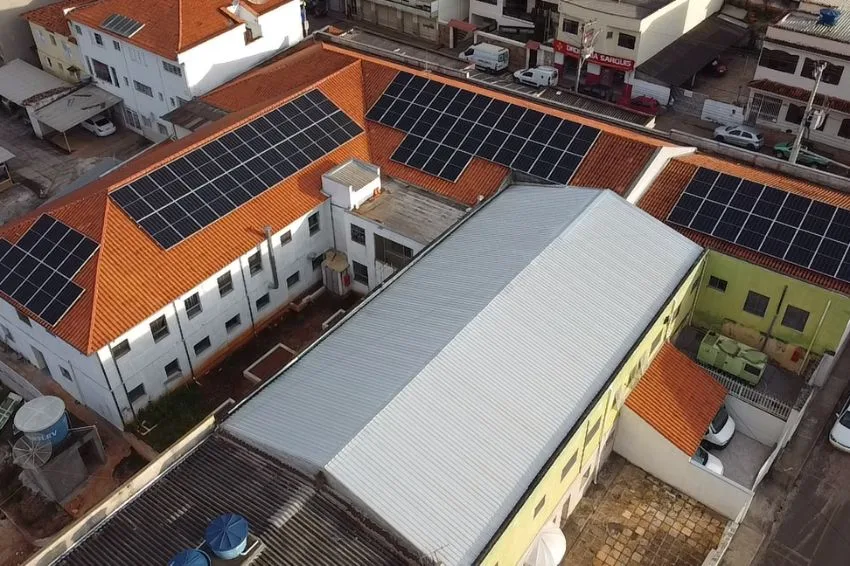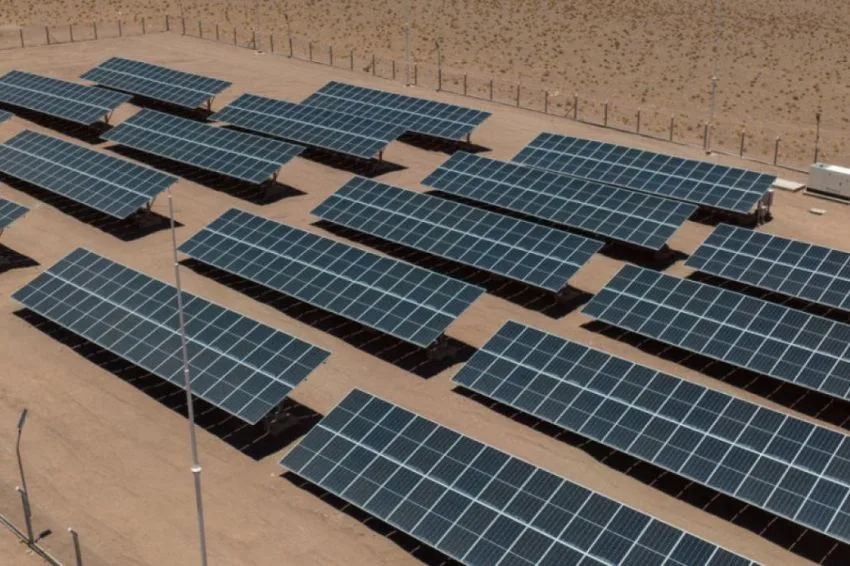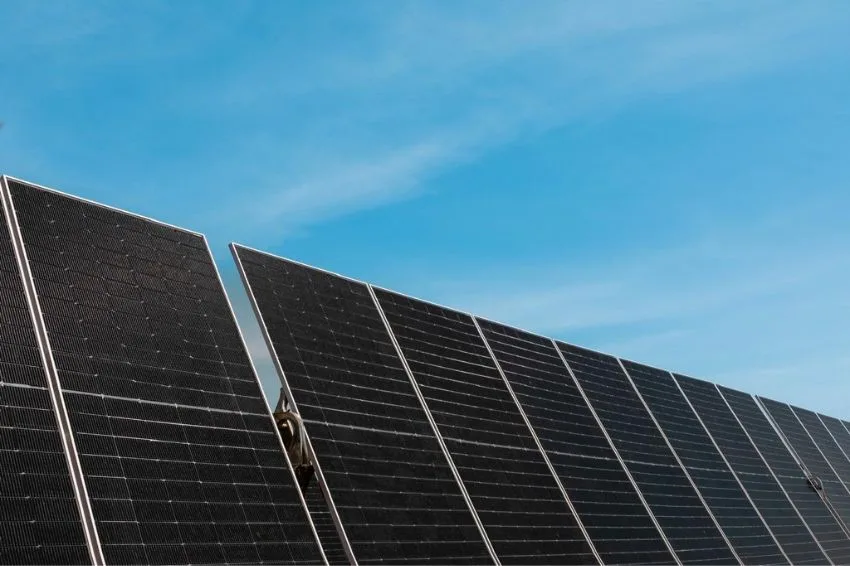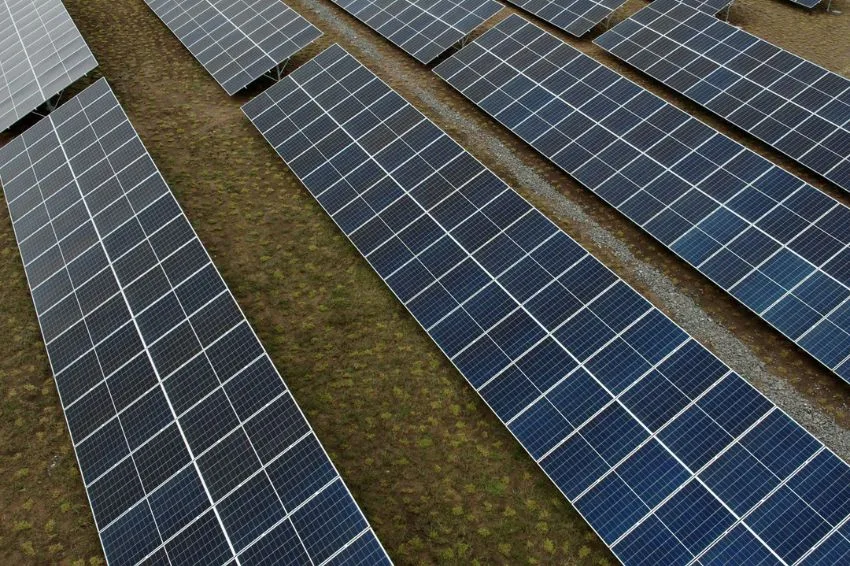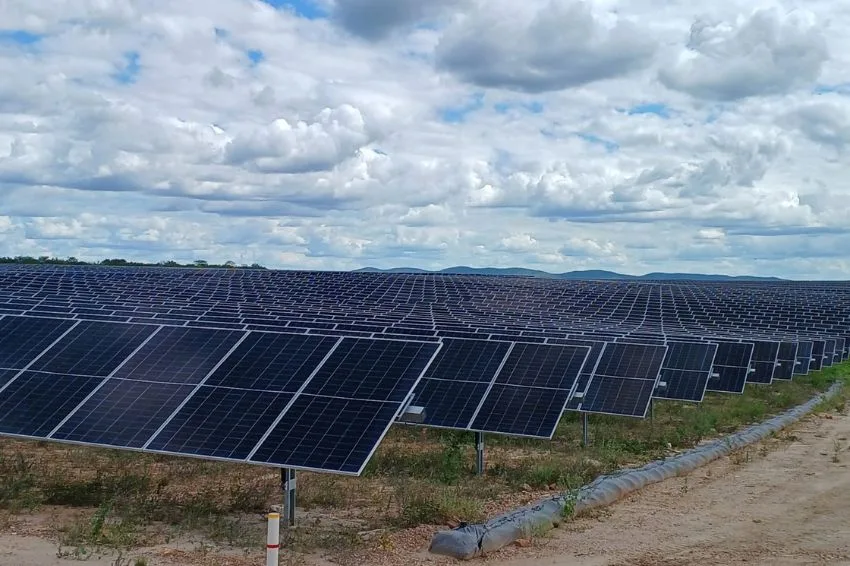The CLA (Alcântara Launch Center) received the delivery of a smart electrical energy microgrid to meet energy demands during spaceport operations in Maranhão.
With the delivery of the system, there will be a reduction in the use of diesel generators used as backup during launches, providing more autonomy and safety.
The R&D (research and development) project arose from an initiative by AEB (Brazilian Space Agency), together with ANEEL (National Electric Energy Agency). The Equatorial Energia Group was the company responsible for the construction, research and development of the microgrid on the internal premises of Espaçoporto, which includes the supply of the BESS (Battery Energy Storage System) in partnership with the electrical equipment manufacturer WEG Automação.
“The Smart Microgrid is the result of a dialogue between AEB and ANEEL, to structure a project that would meet the electrical energy demands of Espaçoporto de Alcântara, through Law No. 9,991/2000, which provides for investments in R&D, within the scope of the Brazilian electricity sector”, informed AEB.
According to AEB, as it is an R&D initiative with resources from the electrical sector, professors and specialists from the Electric Energy Institute of UFMA (Federal University of Maranhão) were contacted to carry out the project.
“They carried out studies and research in order to expand knowledge about the needs of the municipality of Alcântara related to the sector. The initiative came from AEB which, still in the first half of 2019, approached ANEEL to present the challenges that Espaçoporto de Alcântara would face, in terms of energy, in the coming years”, reported AEB.
According to the Space Agency, on the occasion, issues of energy efficiency, energy quality and supply guarantee were discussed and, finally, the feasibility of structuring an R&D project was discussed, within the scope of Law No. 9,991 /2000, with the use of renewable energy to support the Center's operations.
As a result of this meeting, other technical meetings were held that made it possible to format a project proposal. After these negotiations, in the second half of 2019, ANEEL began structuring the project together with Equatorial Energia.
In May 2022, environmental licensing was issued by IBAMA (Brazilian Institute of the Environment and Renewable Natural Resources), since, to install the 2,880 solar panels, it was necessary to use an area of 1.65 hectares, approximately 16,500 square meters.
“This pioneering initiative brought together entities from the space sector, the electrical sector and academia, providing innovative action in a region lacking infrastructure. Thanks to the welcome of the Air Force, via its General Staff (EMAER), the Department of Aerospace Science and Technology (DCTA) and the Alcântara Launch Center (CLA), a significant improvement in the reliability of the electrical energy supply was made possible, via alternative source with reduced environmental impact”, highlighted Carlos Moura, the president of AEB.
“The widespread use of solar energy with storage systems seeks to ensure safety, quality and resilience in energy supply during rocket launches. Furthermore, it also contributes to reducing environmental impacts, as total electricity consumption will be reduced and diesel consumption will be eliminated with the use of storage systems”, highlighted AEB.
Network characteristics
The smart electrical grid generates solar energy and has 2,832 445 Wp solar panels. The photovoltaic plant has 1.26 MWp and is capable of generating 1,823 MWh of energy per year.
The project also includes a robust energy storage system, which features a battery system (BESS) using lithium-ion technology, which stores triple the energy compared to other types of battery, with an installed power of 1 MW. and 1 MWh of storage capacity.
Reduction in CLA energy consumption
According to the group, in addition to providing resilience and security, the implementation of this network will also bring the benefit of a reduction of 30 to 40% in the CLA's monthly energy consumption.
“It was an honor for Enova to participate in a project of such relevance. This is one of the first functional microgrids in Brazil. It has some characteristics that make it very unique: the focus on sustainability, resilience and the very special place in which it was built”, points out João Caracas, superintendent of Enova Energia.
Significant advancement in the space sector
According to Grupo Equatorial Energia, the delivery of the microgrid “represents a milestone in the history of space launches in Brazil”. “This innovative initiative promises to revolutionize rocket and satellite launches, providing greater reliability and autonomy for space operations,” he stated in a statement.
“The smart electrical grid, developed by Grupo Equatorial Energia,. The advanced technology implemented in the CLA will enable the efficient and intelligent management of electrical energy, contributing to a safer and more reliable launch environment,” he added.


